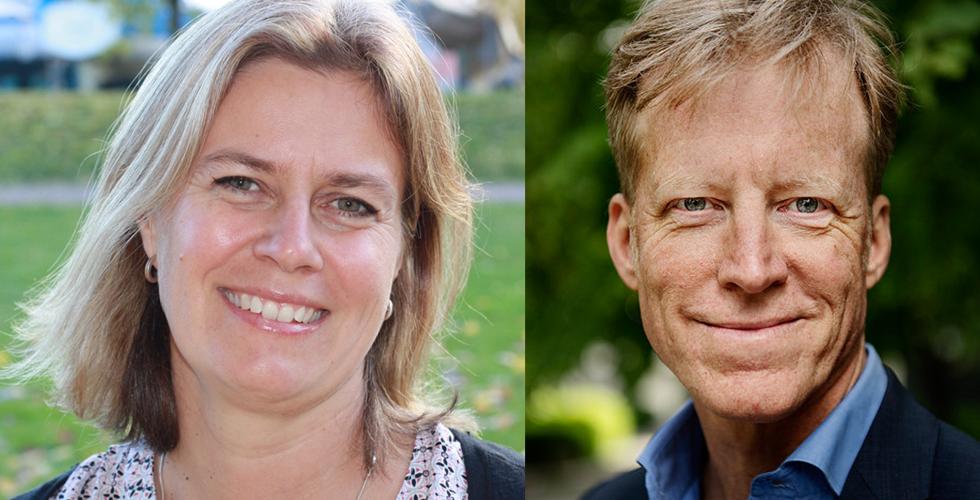Europe gather to discuss gender-based violence in academia
In Norway we call it sexual harassment in academia, and in Europe it is known as gender-based violence.
Authorities, research organisations and student organisations recently gathered for a conference in Prague in the Czech Republic. They discussed measures to protect students and staff in academia against all forms of gender-based violence, including sexual harassment.
While the term “gender-based violence” has long been used in connection with, among other things, domestic violence, the conference Ending gender-based violence in academia shows that the term is both well-established in academia and high on the agenda.
Gender-based violence on the agenda
All universities, university colleges and research institutes in Norway work on gender equality in their institutions. Norway has statutory activity and reporting duty requirements to promote equality and prevent discrimination, and those who are granted research funding from the EU or the Research Council are required to have a gender equality plan.
Gender-based violence is one of the five recommended thematic areas in the EU requirements for gender equality plans.
Gender-based violence is also one of six priority areas in the Ljubljana Declaration on Equality in Research and Innovation. The Ljubljana Declaration was established by the Slovenian presidency in 2021, and Norway, together with other EU countries, has endorsed the Ljubljana Declaration based, among other things, on the recommendation of the National Committee on Gender Balance and Diversity in Research (Kif Committee).
New EU report on violence
Although there is not much talk about gender-based violence in academia in Norway, the term was recently used in an article about a report from the EU project UniSAFE. The online newspaper Khrono wrote about the report, which sets out that a high proportion staff reported psychological and physical violence at European universities, in the article Alarming findings about gender-based violence in European universities (in Norwegian).
According to Khrono, three-quarters of staff at European universities have been subjected to some form of gender-based violence at work. The survey deals with both psychological and physical violence, including unwanted sexual attention, harassment, abusive comments and cyberbullying, or online violence.
Sexual harassment in 2019
Sexual harassment has, however, been on the agenda for several years and gained more momentum through the #MeToo movement in 2017. In 2019, the only report so far from the Norwegian research sector was published. The report revealed that 13 per cent of respondents state that they have been bullied or harassed and 1.6 per cent state that they have been sexually harassed during the last 12 months.
This spring, a Swedish survey was published that looked at the extent and consequences of sexual harassment in the Swedish university college sector. The results show that four per cent of respondents had experienced unwanted sexual attention during the last 12 months, and that young people, students and women are most at risk.
Want an end to gender-based violence
The programme for the conference organised by the Czech Presidency of the Council of the European Union shows that the term gender-based violence is used for, among other things, sexual harassment. As the UniSAFE project points out on its website, this broad approach has been chosen to include all forms of violence.
The conference was in two parts, the first about the state of affairs in Europe and the second about solutions.
They emphasise the importance of a safe academia for all and the research councils' role in bringing an end to gender-based violence, but also which frameworks and measures are needed. Two groups that are highlighted as vulnerable and thus more at risk of various types of gender-based violence are mobile students who move between countries and researchers in the early phases of their careers.
Translated by Allegro Language Services.
The conference Ending gender-based violence in academia. Toward gender-equal, safe and inclusive research and higher education was organised on 24 and 25 November in Prague, Czech Republic.
At the conference, the EU project UniSAFE (Ending gender-based violence) presented the report Gender-based violence and its consequences in European Academia.
The Istanbul Convention against domestic violence and the International Labour Organization’s Violence and Harassment Convention both use the term gender-based violence.
The use of the terms gender-based violence vs sexual harassment has been discussed by, among others, the EU's equality group SWG GRI (Standing working group on gender in research and innovation), more information in the article: Europe lacks sexual harassment measures and research





